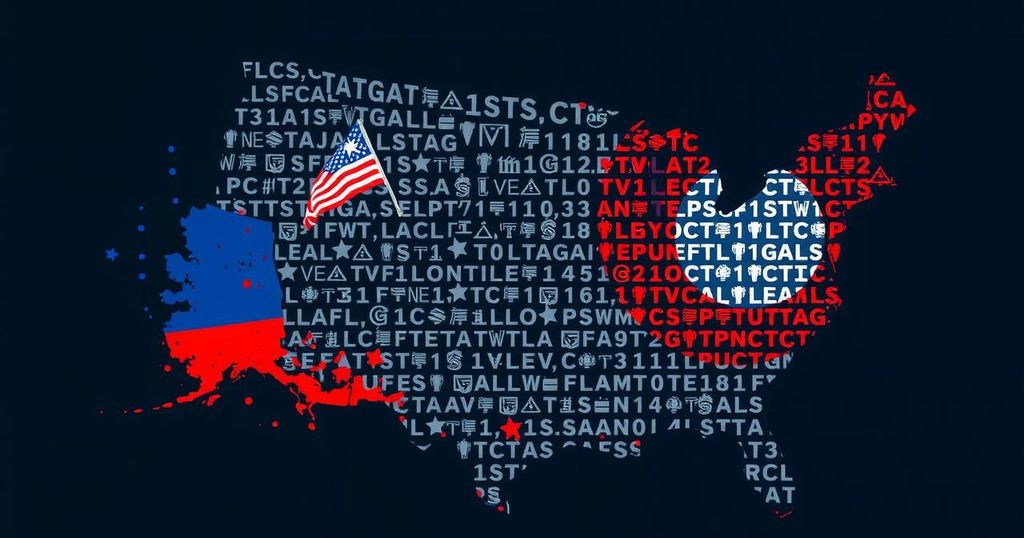The Microsoft Threat Analysis Center warns that foreign disinformation campaigns from Russia, China, and Iran have intensified ahead of the upcoming U.S. presidential election. These nations are actively attempting to manipulate public perception and erode trust in the electoral process through character attacks and AI-generated content. MTAC emphasizes the necessity for vigilance from voters and institutions as these malicious activities are likely to escalate especially during the Election Day period.
As the November 5 election date approaches, the Microsoft Threat Analysis Center (MTAC) has issued a warning regarding the ongoing foreign disinformation campaigns aimed at influencing the United States presidential election. In their fifth report, MTAC analysts stress that these malicious operations, which stem from Russia, China, and Iran, have evolved significantly and warrant serious attention despite an increasing sense of inevitability surrounding their impact. Despite the tense geopolitical climate in the Middle East, Iranian operatives have remained focused on destabilizing the election process, primarily targeting the Trump campaign while inciting anti-Israel sentiment. Meanwhile, Russian agents are concentrating their efforts on attacking Vice President Kamala Harris’s campaign with character defamation and AI-generated disinformation, including deepfake technology. Furthermore, Chinese influence efforts have recently pivoted towards targeting lesser-known Republican candidates and congressional members whose policies clash with Chinese interests. MTAC explicitly indicates that it is highly probable foreign actors will aim to instigate discord and distrust concerning the integrity of the voting process on Election Day and shortly thereafter. The report underscores a pattern observed during the 2020 election cycle, wherein foreign adversaries seek to amplify allegations of electoral fraud and other integrity concerns, thereby sowing chaos among the electorate and eroding international confidence in the stability of U.S. political systems. As the campaign season reaches its climax, MTAC anticipates the continued emergence of AI-generated media, which is particularly concerning due to its propensity for rapid dissemination during the critical period surrounding Election Day. Moreover, Microsoft has identified Iranian cyber actors investigating election-related websites, hinting at preparations for direct influence operations as the event approaches. Notably, the involvement of Chinese operatives targeting congressional races highlights a strategic and comprehensive deployment of influence tactics. Recent campaigns have specifically attacked U.S. Representative Barry Moore and Senators Marsha Blackburn and Marco Rubio, distributing corruption allegations while promoting opposing candidates. Although many of these influence campaigns fail to gain significant traction, the narratives that do emerge can exert substantial influence, contributing to the proliferation of misleading information about the election.
The topic of foreign interference in U.S. elections has gained increasing prominence amid rising tensions in global geopolitics, particularly with regard to countries like Russia, China, and Iran. These nations have leveraged cyber capabilities and disinformation campaigns to influence electoral outcomes, exploit societal divides, and erode public trust in democratic processes. The MTAC report serves as a critical reminder of the ongoing vulnerabilities within the election ecosystem and the necessity for vigilance among voters, candidates, and institutions.
In conclusion, the MTAC report highlights the persistent and evolving nature of foreign disinformation campaigns targeting U.S. elections, particularly in the lead-up to critical votes. With coordinated efforts from countries like Iran, Russia, and China, these adversaries aim to undermine public confidence in the electoral process. As the election approaches, it is imperative for all stakeholders, including voters and government institutions, to remain vigilant against the spread of deceptive content that could distort the democratic process.
Original Source: www.wired.com






